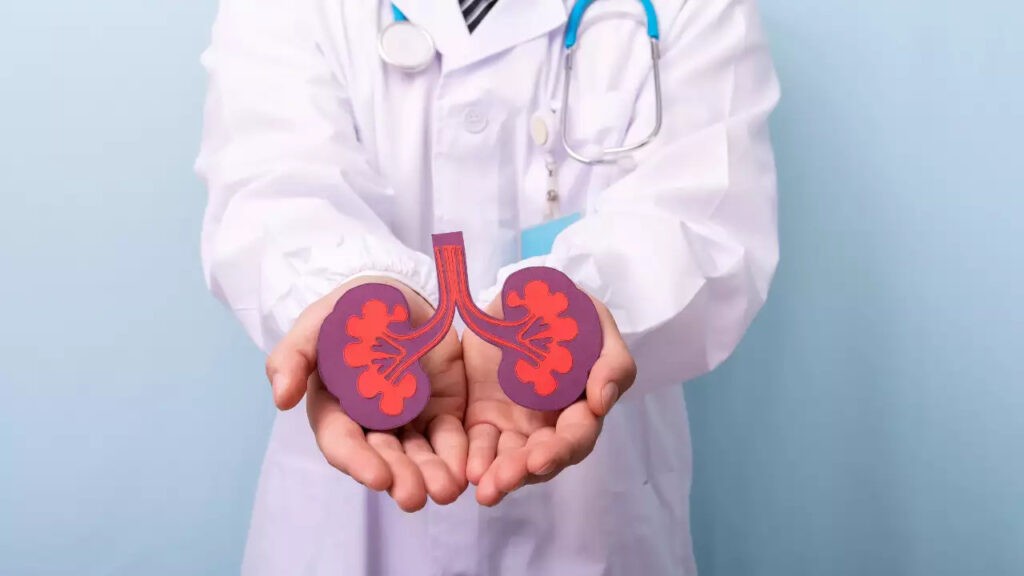During the monsoon season, there has been a noticeable increase in cases of kidney infections and joint-related issues. This time of year, while often associated with skin and digestive problems, also brings its own set of challenges for individuals with pre-existing health conditions. The elderly and those who have previously dealt with kidney or joint issues are particularly vulnerable during this period. To help manage these risks, healthcare professionals recommend adopting a series of preventive measures. Here’s an overview of why these problems become more prevalent in the rainy season and practical advice to maintain your kidney and joint health.
Why Kidney Infections and Joint Problems Increase in Monsoon
Monsoon weather introduces a variety of environmental changes that can affect health. For those with a history of kidney problems or joint issues, these changes can exacerbate their conditions. Humidity, fluctuating temperatures, and increased precipitation create an environment that can be challenging for maintaining good health.
One significant factor contributing to the rise in kidney infections during the monsoon is the impact of increased humidity on the body’s immunity. Humid conditions can foster environments conducive to infections, making individuals more susceptible to diseases such as malaria, leptospirosis, and typhoid, all of which can potentially lead to kidney inflammation or damage.
Similarly, the rainy season often brings abrupt changes in weather patterns, which can negatively affect individuals with joint issues. The shift in atmospheric pressure, humidity levels, and temperature can lead to increased joint pain and stiffness, particularly for those suffering from osteoarthritis or rheumatoid arthritis.
Tips for Maintaining Kidney and Joint Health During the Monsoon
1. Stay Hydrated
Drinking sufficient water is essential for kidney health, especially during the monsoon season. Proper hydration helps flush out toxins from the body and supports kidney function. Make it a habit to drink water throughout the day and avoid holding urine for extended periods.
2. Follow a Healthy Diet
Eating a balanced diet is crucial for both kidney and joint health. Incorporate a variety of seasonal fruits and vegetables into your meals to boost your immune system and support kidney function. Avoid processed, spicy, or oily foods that can aggravate joint pain.
3. Practice Regular Exercise
Maintaining physical activity is beneficial for joint health. Engage in gentle exercises that improve flexibility and strengthen muscles without causing strain. Regular movement can help manage joint pain and reduce stiffness.
4. Prioritize Personal Hygiene
During the monsoon, it is especially important to maintain personal hygiene to prevent infections. Ensure that you are following good hygiene practices to keep infections at bay, which is crucial for kidney health.
5. Manage Joint Pain Effectively
For those experiencing joint pain, it can be helpful to stay hydrated and consider taking warm baths to improve circulation. Additionally, adhering to a balanced diet and avoiding foods that may trigger joint pain are effective strategies for managing symptoms.
Conclusion
As the monsoon season can significantly impact kidney and joint health, it is important to take preventive measures to protect yourself. Maintaining proper hydration, following a nutritious diet, engaging in regular exercise, and practicing good hygiene are all effective strategies for keeping kidney infections and joint problems at bay.
Always consult with your doctor or a healthcare professional before making significant dietary changes for personalized guidance based on your medical history and current health status.
Note: If you have any health-related concerns, please call us at +91-9058577992 to receive free consultation from our experienced doctors. Thank you.
